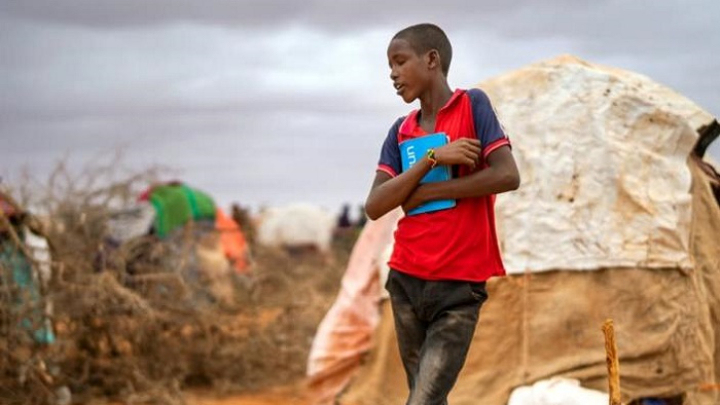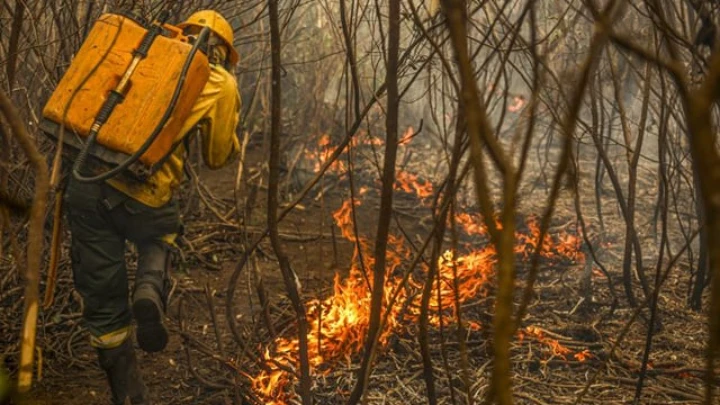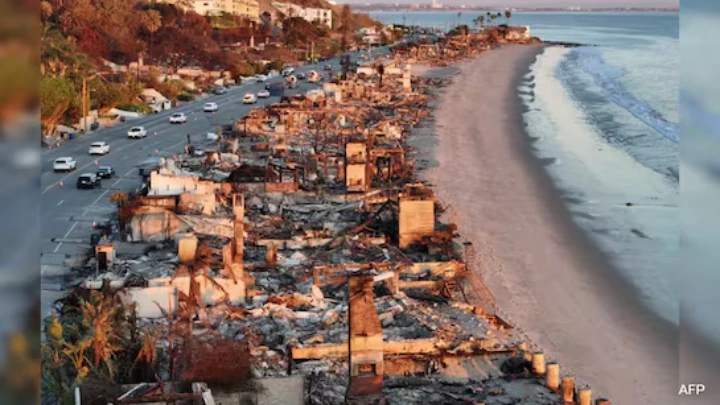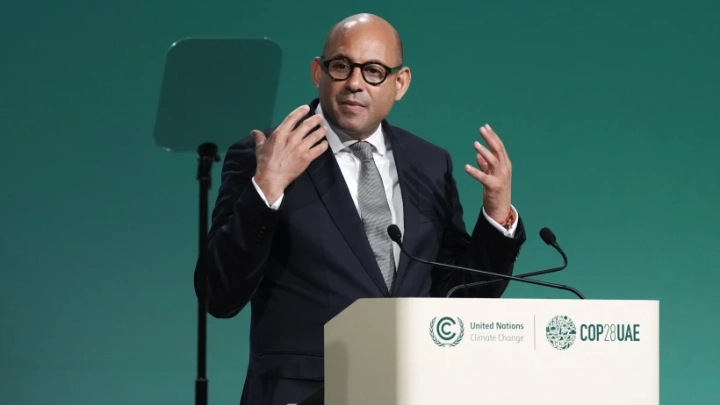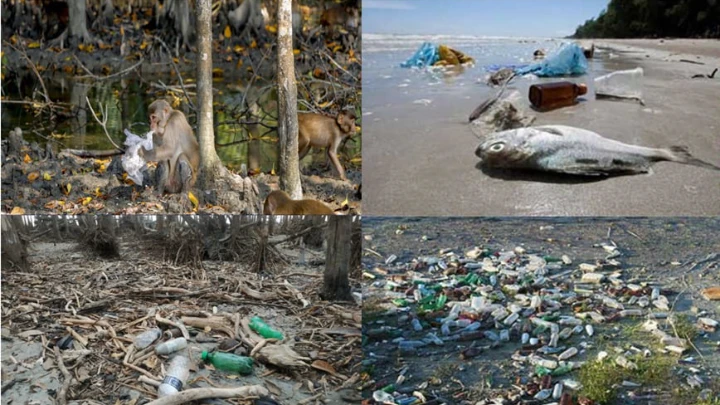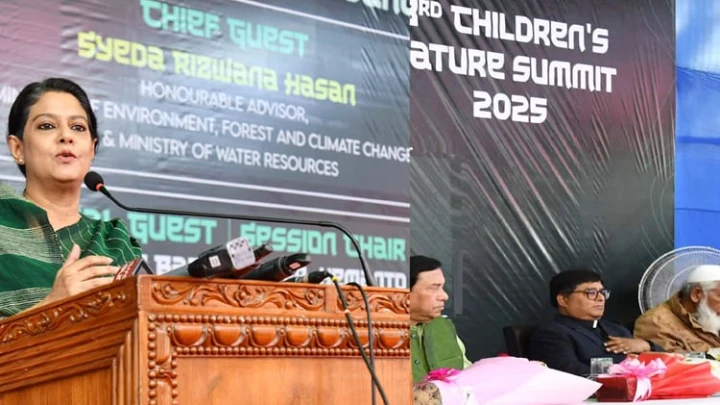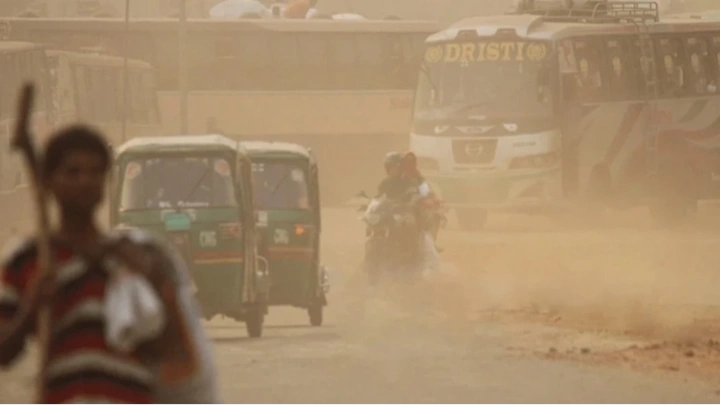Some 250 health journals call for Africa climate help
Shining BD Desk || Shining BD
Richer countries must increase climate support for African nations as accelerating impacts of global warming sicken and kill hundreds of thousands every year across the continent, scores of scientific health journals warned Wednesday, ahead of UN negotiations next month.
The call, written by 16 editors of leading biomedical journals across Africa, said damage already being wrought across the continent "should be of supreme concern to all nations".
"It is highly unjust that the most impacted nations have contributed the least to global cumulative emissions, which are driving the climate crisis and its increasingly severe effects," said the editorial.
It was published in some 250 scientific journals, including 50 African titles and international medical journals like The BMJ, The Lancet, the New England Journal of Medicine and the National Medical Journal of India.
The authors slammed the international community's failure to meet its promise of providing $100 billion a year by 2020 for developing countries to spur a green energy transition and to help nations prepare for future climate impacts.
Global warming is taking a heavy toll on African economies and the health of their populations, the authors say, calling for specific funding to deal with the costs of damage already being felt.
The editorial cited estimates that malnutrition, driven by climate change impacts on food and water, kills some 1.7 million people a year in Africa.
Meanwhile, floods and damage to environmental hygiene has also led to increases in malaria, dengue fever, Ebola virus and other infectious diseases across sub-Saharan Africa.
Some progress has been made, including on early warning systems and infrastructure to defend against increasing weather extremes, the authors said.
But they said richer nations historically responsible for the fossil fuel emissions driving warming had a responsibility to step up, both morally and in their own self-interest.
"It is time the global community acknowledges that the climate crisis, while disproportionately affecting the continent, is a global crisis," said Lukoye Atwoli, a professor and Dean of the Medical College East Africa.
"Action must begin now, and begin where it is hurting most, in Africa. Failure to act will make the crisis everyone's problem very soon."
The authors are from journals including African Health Sciences, the African Journal of Primary Health Care and Family Medicine, and the East African Medical Journal.
By AFP
Shining BD

